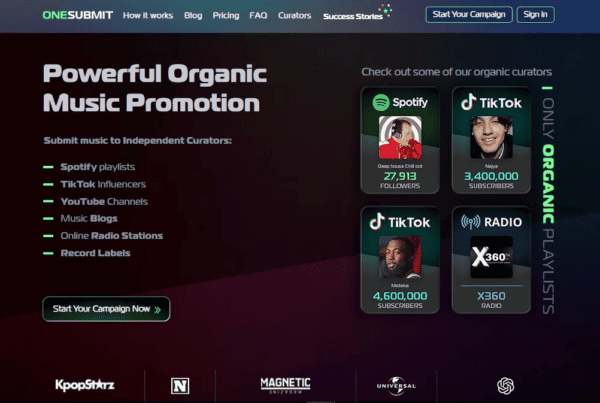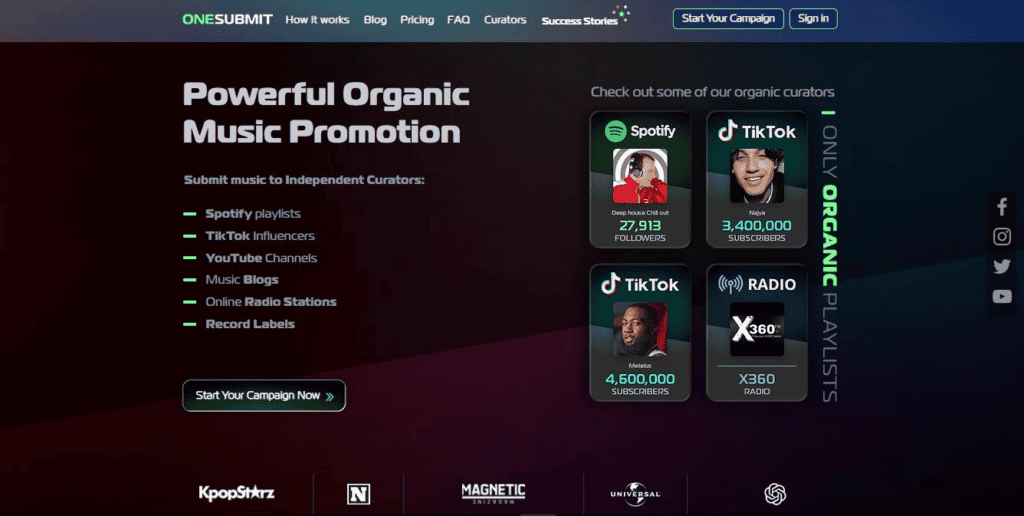Explore the profound influence of music on student creativity. Dive into how melodies can stimulate innovative thought and enhance academic inventiveness.
Music is not just a form of art; it’s a tool, a companion, and a catalyst that has touched lives and influenced thinking for millennia. Delving deeper into the bond between music and its effect on creative thinking and innovation among students, we unveil layers of profound interplay.
The Historical Link Between Music and Creativity
History paints a vivid portrait of how intertwined music and creativity have been. Great inventors, thinkers, and artists have often turned to music as a muse or a mode of clarity.
Albert Einstein and the Violin
Albert Einstein wasn’t just a scientific genius; he had a musical side. His violin playing wasn’t just a hobby. Einstein believed that his music played a vital role in his intellectual processes. He often said, “When I examine myself and my methods of thought, I come close to the conclusion that the gift of imagination has meant more to me than any talent for absorbing absolute knowledge.”
The Ancient Greeks and Music
The ancient Greeks revered the arts. Plato once mentioned that music is a more potent instrument than any other because rhythm and harmony find their way into the innermost soul. They believed music could enhance a person’s character and shape their essence, hinting at its influence on creativity.
The Psychological Impact of Music on the Brain
The human brain is a complex organ, and music can remarkably influence its functioning.
The Mozart Effect
A term coined in the ’90s, the Mozart Effect suggests that listening to Mozart’s compositions can temporarily boost one’s spatial-temporal abilities. While further research has nuanced these claims, it’s evident that music can, in certain conditions, enhance cognitive functions.
The Neurology of Music
When we listen to music, several areas of the brain are activated. The prefrontal cortex, responsible for creative thinking and planning, lights up. The Broca’s area, which deals with processing language and decision-making, also engages with music. It’s like an exercise regime for different brain muscles, strengthening areas responsible for creativity.
Brainwave Entrainment and Innovation
Our brain operates at various frequencies, and music can synchronize or influence these frequencies.
Binaural Beats and the Brain
Binaural beats occur when two different frequencies are introduced to each ear. The brain perceives a third tone, the mathematical difference between the two. It has been suggested that these beats can enhance relaxation, meditation, stress reduction, pain management, improved sleep, and even better learning. The potential for fostering creativity here is immense.
Music’s Effect on Mood and Emotions
Music can be a mood enhancer or a tool for catharsis. It can evoke deep emotions, which can, in turn, influence our thinking patterns. Emotions are a wellspring of creativity, and music is the key that can unlock them.
The Role of Music in Academic Settings
Educationists and pedagogists are always looking for methods to enhance the learning experience.
Music Therapy in Learning
Music therapy has been used to assist students with special needs. The repetitive nature of certain songs can help in memory retention, and the emotional aspect of music can assist in understanding complex concepts by associating them with a particular emotion.
Music can be uplifting, but if it distracts you from writing papers, there’s a solution. Get the assistance you need from https://speedypaper.com. They provide the required services to pen your paper quickly and effectively, even without the background tunes.
Incorporating Music in Classroom Settings
Teachers are integrating music into lessons, not just in music class but in subjects like math, history, and literature. For instance, using songs to remember dates in history or formulas in mathematics. The multi-modal learning engages auditory learners and enhances retention.
Practical Tips for Students
Harnessing the power of music to enhance creativity requires a bit of experimentation.
- Diverse Playlists: Different tasks might require different genres. For brainstorming, perhaps jazz or classical might work. For tasks requiring focus, ambient or instrumental music could be better.
- Music in Groups: Group study sessions can benefit from background music, setting a rhythm to the study pace and enhancing collective concentration.
- Avoid Overstimulation: While music is beneficial, it’s crucial not to let it become a distraction. The key is balance.
- Lyrics and Concentration: Instrumental tracks often work best when reading or writing, as lyrics can sometimes distract the brain’s language processing centers.
The Global Impact of Music on Creativity
Looking at a broader spectrum, the influence of music transcends personal growth and taps into societal progress.
Music Festivals and Innovation
Events like Burning Man are known for their emphasis on art and music. Such events have become hubs of creative expression, giving birth to various innovative projects and startups.
Collaborations Across Disciplines
Musicians collaborating with artists, scientists, or technologists can produce groundbreaking results. The fusion of ideas from different fields, catalyzed by music, has the potential to reshape industries.
In Conclusion
Music, a universal language, wields the power to influence our brain, emotions, and, subsequently, our creative output. Its intertwining with innovation, especially among students, is evident. By recognizing its potential and integrating it thoughtfully into educational settings and daily routines, we can foster a generation of thinkers, dreamers, and innovators.
Editor






